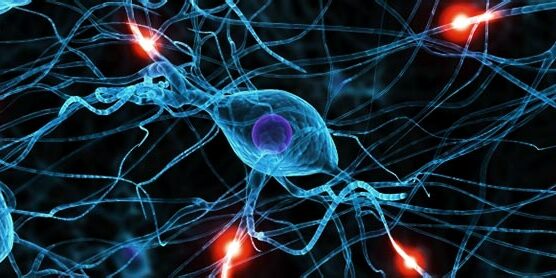Understanding the nature of Implicit Memory can give us more control over our thoughts and actions, and therefore can serve as a powerful tool in addiction treatment and recovery. Dr. Avart’s patients have almost uniformly reported that implicit memory techniques are extremely beneficial in recovery. However, implicit memory techniques can be beneficial to anyone.
We have two types of long-term memory: explicit memory and implicit memory.
Explicit memory refers to information we have to consciously work at remembering, such as studying material for college exams or learning a new language. Implicit memory, however, refers to things we do unconsciously and unintentionally, tasks we’ve already committed to memory and don’t think about before performing.
Implicit memory includes all our procedural memories, such as the skills attached to specific tasks like walking, opening doors, and making a pot of coffee. It is memory that drives our daily habits and the skills that we were not born knowing, but have learned throughout our life and that we now just do without thinking much of them. Other common examples of implicit memory include riding a bicycle, driving a car, typing on a computer keyboard, and tying your shoes. Implicit memory is sometimes referred to as nondeclarative memory¸ because we do not need to consider, or declare, what is stored there in order to access it.
Implicit Memory Impacts Us in Different Ways
Though implicit memory is stored in the unconscious areas of your brain, it still influences your conscious life because it has emotional reverberations. For example, if your driver’s education teacher was grouchy and scolding, perhaps you’ve developed a sense of feeling small and incompetent when you get behind the wheel of the car; or, maybe you now have a strong desire to rebel against the strict attitude once directed toward you as a student driver by regularly going above the speed limit or not wearing your seatbelt. The original emotions that were present during the experience of originally learning the task is now stored in your implicit memory attached to the specific skill. To transform these emotions, they must first be acknowledged and understood.
Often we are unaware of the emotions stored in our implicit memory, which results in behaviors that we don’t fully understand and find difficult to control. Addictive behaviors are an attempt to mask or stifle these emotions and our stress of feeling bound to a specific emotional response. Recognizing the emotions that arise from certain tasks associated with implicit memory grants us more control over our thoughts and actions and cultivates a sense of independence from impulsive behaviors.
Can Our Implicit Memory Be Controlled?
Yes. To release these unconscious emotional patterns, it may be helpful to recognize that we have the capacity to rewire the neural pathways in our brains. Our brain’s plasticity, or flexibility, is indicated by the fact that many people experience memory loss as they age or suffer a concussion because the neural pathways are weakened.
On the other hand, we also have the ability to strengthen and redirect our neural pathways toward positive thinking. This can be done by paying conscious attention to the emotions that arise while performing tasks from implicit memory, and by introducing new, more positive and beneficial ones.
To refresh and reinvigorate the emotions tied to certain implicit memories, you might try one or more of the following suggestions while consciously noting your emotional reactions:
- Driving a different, more scenic route to work
- Riding a bike, if you haven’t in some time
- Cooking or baking without using a recipe
- Writing your name using your less-dominant, non-writing hand
While performing these tasks, notice any physical reactions that arise in you that may indicate stress of which you were not previously aware. Breathe deeply and release this stress, which will not only calm you in the moment, but will also connect a sense of relaxation to the task.
Also notice if you feel more optimistic after. If you do, take a few moments to savor this new positive emotion and to allow your brain to develop a fresh neural connection that ties a positive emotion to the task. The more aware you are of the emotions arising from your unconscious, the more power you will have to consciously choose your thoughts and behaviors. You will find it easier to stay present in the moment, even in stressful ones, and greater independence will flow through your life.






